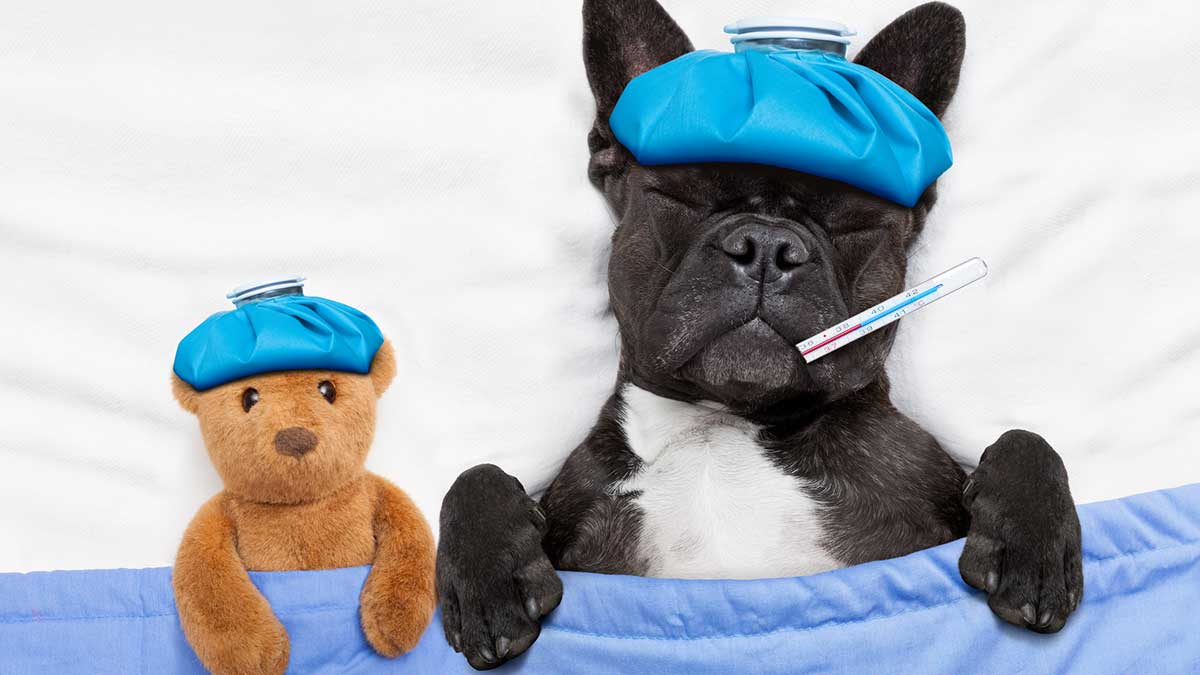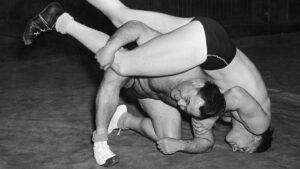PharmAust pinches key exec from animal health company Elanco

sick
Oncology drug developer PharmAust has poached a key executive from a company it wants to do business with.
Dr Christian Schirvel has joined PharmAust’s veterinarian advisory board after leaving his role as head of business development and licensing at Elanco.
Animal health company Elanco “owns the molecule” that PharmAust’s CEO Richard Hopkins hopes will make his shareholders rich.
“He has intimate details in the way Elanco thinks and how it’s trying to position itself in the market,” Mr Hopkins told Stockhead.
“It’s a massive step forward for the company. It’s a massive coup.”
PharmAust (ASX:PAA) is developing a drug called monepantel for use as a cancer therapy treatment for both humans and dogs.
Elanco owns the rights to monepantel for use in animals.
Mr Hopkins hopes Dr Schirvel’s guidance will help “push them in the right direction” when choosing when to do a licensing deal with Elanco and under what terms.
Testing on dogs
PharmAust’s dog trials are not novel.
In the 1800s, insulin therapy for diabetes began with dogs being injected with extracts made from the pancreases of other animals.
Data from mice does not translate well into humans, and dogs share enough cancers with people to make it worth testing drugs on canines first.
The melanoma vaccine was trialled on both humans and dogs, and has been approved for canines before human use.
In the US there are 22 developers conducting Phase 1 and 2 comparative oncology trials, according to Colorado State University researcher Nicole Ehrhart (writing in The Conversation US).
Mr Hopkins says dogs make the process cheaper and faster to get a human drug out the door.
He says they can get a canine drug through the Phase 3 trials for $2 million to $5 million in three to five years.
The drug has had to be reformulated though: the taste was so bad that only small amounts of the drug could be used. Even within a capsule the risk of a dog biting into it and never accepting the pill again was too high.
New leadership
PharmAust hired Mr Hopkins in March and Dr Richard Mollard as chief scientific officer shortly after, but still has a sizeable board of eight directors and executives.
(They’re reasonably cheap though: all eight cost the company a total of about $900,000 in the year to June 30.)
In the past, PharmAust had an issue with expectation management, Mr Hopkins said.
A roadmap at the start of the year followed by regular market updates was an attempt to change this.
In late September PharmAust said it had met its reformulation milestone of getting rid of the bad taste of the drug.
The new team has also scuttled plans to list on the Nasdaq, postponing that decision until next year at the earliest.
PharmAust shares were flat on Tuesday at 5c. The stock has traded as high as 9c in the last year.
The last quarterly report indicated a cash burn of $1 million, but Mr Hopkins said the business was backstopped by a revenue-generating subsidiary.
UNLOCK INSIGHTS
Discover the untold stories of emerging ASX stocks.
Daily news and expert analysis, it's free to subscribe.
By proceeding, you confirm you understand that we handle personal information in accordance with our Privacy Policy.








